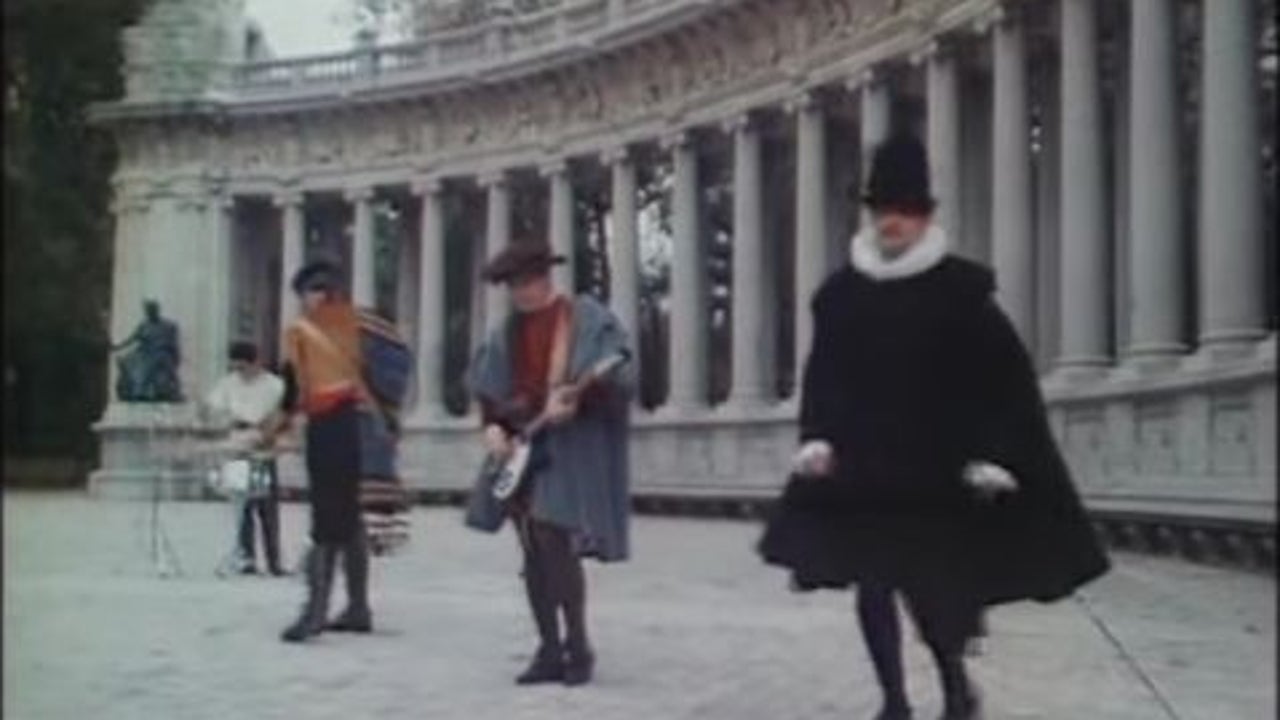The debate over the fascist salute has returned to Italian society after a thousand people gathered on January 7 in front of the former headquarters of the Italian Social Movement (MSI) to commemorate the murder of three young men from that party almost half a century ago remember at the hands of extreme left-wing militants. The video of this small crowd with their arms raised It became a trending topic and reignited an old controversy.
On the same Thursday, Italy's Supreme Court clarified that the Roman salute is a crime only if it is accompanied by it “a concrete danger” of a reorganization of the dissolved Fascist Partyin analyzing the case of some right-wing extremists who were convicted of making fascist salutes in 2016. A verdict forced a new appeal against eight people accused of a neo-fascist memorial event in Milan, who were acquitted in the first instance by one under the 1952 law but convicted in the second instance under a different 1993 law.
Should every demonstration of this kind be banned, regardless of its intentions or consequences? A similar debate continues to play out in Germany or, to a lesser extent, in countries like Austria or Hungary, where the rise of the far right has led authorities to become increasingly attentive to excuses for fascism. And it doesn't seem like they're right.
In both Germany and Italy (where the election of Georgia Meloni as president helped to reignite the controversy) the opposite phenomenon to what happened in Spain has occurred. After the dictatorships of Hitler and Mussolini, these gestures were very rare in both countries, but in recent years they have become increasingly common. And in Germany the law is very strict when it comes to apologies for Nazism.
Origin of the fascist salute
The fascist salute is the representative gesture of the fascist regimes of the 1920s and 1930s in Italy and Germany. It is also known as the Roman greeting, heir to the “Roman greeting” comes from ancient Rome, although it is not clear whether the meaning was the same.
In the Roman Empire (the real one), this greeting was a sign of Loyalty and respect for the emperor. In the empire that Mussolini wanted to create (the false one), this gesture was a symbol of unity, obedience and loyalty to the state. Raising the arm became a propaganda tool in 1930s Italy to consolidate power and promote unity among citizens.
Fascist greeting in football… and in discos
It was widely accepted in Spain before, during and after Franco's victory in the Civil War., although over the years the image of hundreds of young people greeting the dictator with raised arms or chanting “Cara al Sol” became increasingly rare. With the arrival of democracy, the fascist greeting persisted in social gatherings as a justification for those nostalgic for the dictatorship. Sporting events… and in Madrid's nightclubs.
In the 80s it was quite common for some young people to raise their arms when the DJ played the popular song by Los Nikis “The Empire Strikes Back”a funny (and somewhat foreboding) exaltation of national values and better times, if The sun did not set on the Spanish Empire, Our basketball team beat Yugoslavia “by 20 points” and McDonalds “was down.”
The Nikis song wasn't a fascist song or anything like that, but that soon became clear The group lost control of the lyrics and music in the hands of young people yearning for a regime they certainly didn't have much say about.
The group regretted this instrumentalization of their song once and over the years The arms stopped rising on the dance floors. In Italy they have now risen again due to some political events. so what They don’t have “The Empire Strikes Back” as an excuse.
